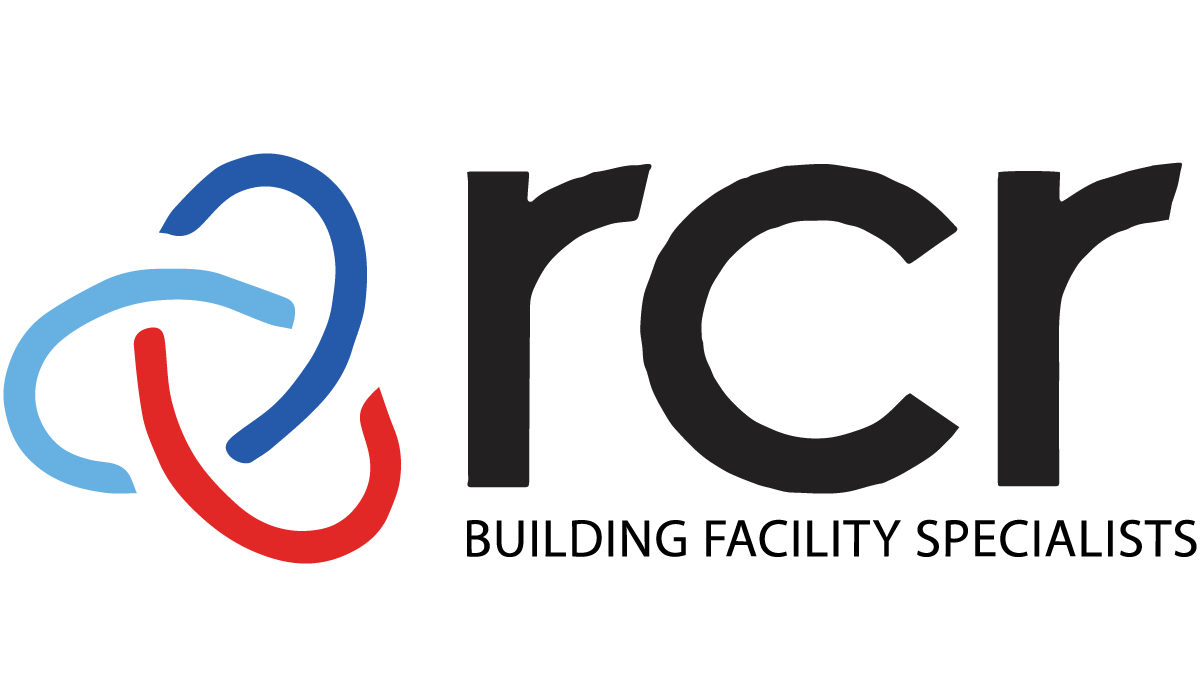Exploring Facility Management: A Comprehensive Guide
What is facility management? Facility management is a multifaceted discipline that encompasses various activities and responsibilities aimed at ensuring the efficient and effective operation of buildings, facilities, and infrastructure. In this comprehensive guide, we’ll delve into the intricacies of facility management, from its definition and key principles to its importance and applications in today’s business landscape.
Handling coordination and management
At its core, a facility management company handles the coordination and management of all aspects related to the built environment, including buildings, grounds, utilities, and equipment. Facility managers are tasked with overseeing the day-to-day operations of facilities, as well as planning and implementing strategies to optimise their performance and functionality. This includes tasks such as maintenance and repairs, space planning and utilisation, safety and security management, and sustainability initiatives. By addressing the diverse needs and requirements of facilities, facility management plays a vital role in ensuring the smooth and efficient operation of organisations across various industries.
Meeting goals and objectives
When considering ‘What is facility management?’, one of the fundamental principles is the focus on meeting the needs and objectives of stakeholders. Whether it’s employees, tenants, customers, or the community at large, facility managers must prioritise the interests and requirements of all parties involved in the use and operation of facilities. This involves understanding their needs, expectations, and preferences, and implementing strategies and solutions to meet them effectively. By fostering positive relationships and communication with stakeholders, facility managers can ensure that facilities are aligned with the goals and priorities of their users, ultimately enhancing satisfaction and productivity.
Managing people and processes
Moreover, facility management extends beyond the physical aspects of buildings and infrastructure to encompass the management of people and processes within those spaces. This includes overseeing the allocation of space to different departments or functions, managing moves and relocations, and ensuring that facilities are equipped to support the activities and needs of occupants. Effective facility management involves fostering a productive and conducive environment for employees, tenants, and visitors, thereby enhancing overall satisfaction and performance.
Incorporating innovative solutions
Additionally, with the rapid advancement of technology, facility management is evolving to incorporate innovative solutions and digital tools that streamline operations and enhance efficiency. From building automation systems and predictive maintenance software to occupancy sensors and IoT devices, technology plays a pivotal role in modern facility management practices. By leveraging data-driven insights and real-time monitoring capabilities, facility managers can make informed decisions, optimise resource allocation, and proactively address issues before they escalate. Embracing technology enables facility managers to stay ahead of the curve and adapt to the changing needs and demands of the built environment.
What is facility management? Your key to efficiency
In summary, facility management is a dynamic and multifaceted discipline that plays a vital role in the operation and maintenance of built environments. From ensuring the functionality and safety of facilities to optimising their performance and sustainability, facility managers are instrumental in creating and maintaining spaces that meet the needs and expectations of their users. By embracing the principles of stakeholder engagement, sustainability, and technological innovation, facility managers can drive positive outcomes for organisations and businesses while contributing to a more efficient, safe, and sustainable built environment.
Furthermore, facility management encompasses a wide range of specialised areas and disciplines, each requiring specific expertise and knowledge. These may include facilities maintenance and engineering, space planning and management, health and safety compliance, security and emergency preparedness, environmental management, and technology integration, among others. Facility managers must possess a diverse skill set and stay abreast of industry trends and best practices to effectively address the complex and evolving needs of modern facilities.
In addition to overseeing the day-to-day operations of facilities, facility managers also play a crucial role in long-term strategic planning and decision-making. By analysing data, forecasting trends, and anticipating future needs, facility managers can develop comprehensive facility management plans and initiatives that align with organisational goals and objectives. This strategic approach enables organisations to optimise resource allocation, minimise risks, and capitalise on opportunities for growth and innovation. By serving as strategic partners to organisational leadership, facility managers contribute to the overall success and resilience of businesses and institutions in today’s competitive landscape.




